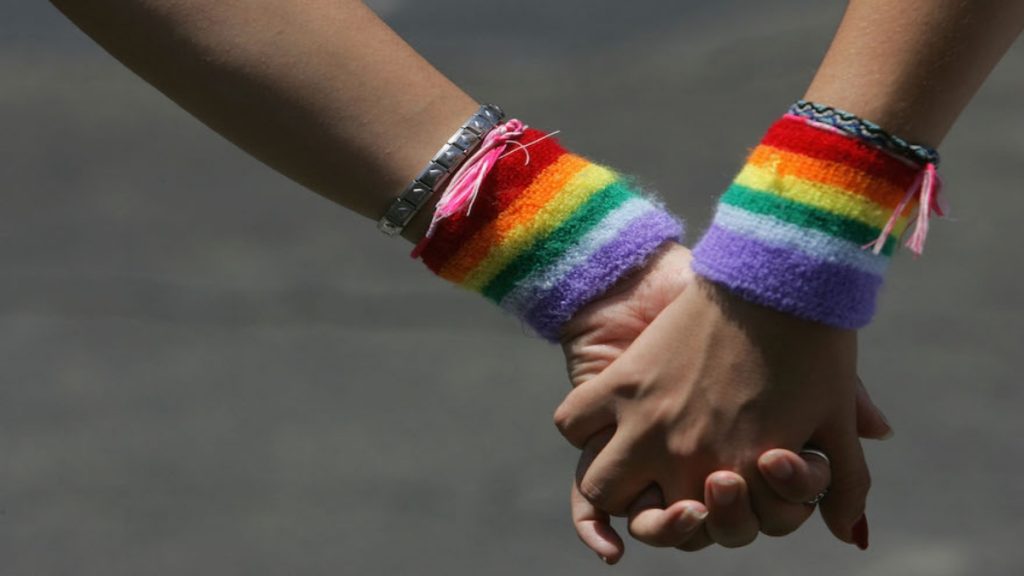New Delhi: Centre filed an affidavit before Supreme Court to oppose the legal recognition of same-sex marriage. Centre argued that same-sex relationships are a clearly distinct class from heterosexual relationships and cannot be treated similarly. The affidavit also posed the argument of the ‘Indian family unit concept’.
Centre told the Supreme Court that living together as partners by same-sex individuals, which was decriminalised by SC, cannot be compared with the Indian family unit concept, which includes a husband, a wife and children.
Central Govt opposes plea seeking recognition of same sex marriage before the #SupremeCourtOfIndia
Says same sex relation “cannot be compared to the Indian family concept of a husband, a wife and children born out of the union” #Samesexmarriage pic.twitter.com/d0JXzhgELr
— Bar & Bench (@barandbench) March 12, 2023
Centre believes that family issues are beyond mere recognition and registration of same-sex marriages and a family needs a biological man, a biological woman and children born from their union. It also presented a belief that has been in controversy for a long time now. Centre sees marriage as a social institution which has its own public significance.
Presenting the legal arguments, Centre said that there is no fundamental right to necessarily grant recognition to same-sex marriages. It added that a marriage between persons of the same sex may violate the existing personal laws and also the Domestic Violence Act is not workable in such cases.
The government said that it recognises same-sex relationships though.
A bench of CJI DY Chandrachud and Justices PS Narasimha and JB Pardiwalahad transferred all petitions seeking recognition of same-sex marriage pending before several High Courts to the Supreme Court and asked the government to respond to these petitions. The matter was also raised in the Parliament and now an affidavit was filed in the response to these petitions.
The petitions included the pleas by Supriyo Chakraborty and Abhay Dang, and Parth Phiroze Mehrotra and Uday Raj that argued that the SC in the Puttaswamy case, held that LGBTQIA+ persons have the right to equality, dignity and privacy similar to all other citizens. The petitions also say that denying recognition of same-sex marriages violates the right to quality under Article 14 and the right to life under Article 21 of the Constitution.
It was an expected response from the government as this has been the take of the Indian governments, calling marriage a social institution, when it comes to making laws to recognise same-sex marriage and a law criminalising marital rape. SC in 2018 decriminalised same-sex relationships and revoked a part of Article 377 to recognise consensual sex between same-sex couples.

